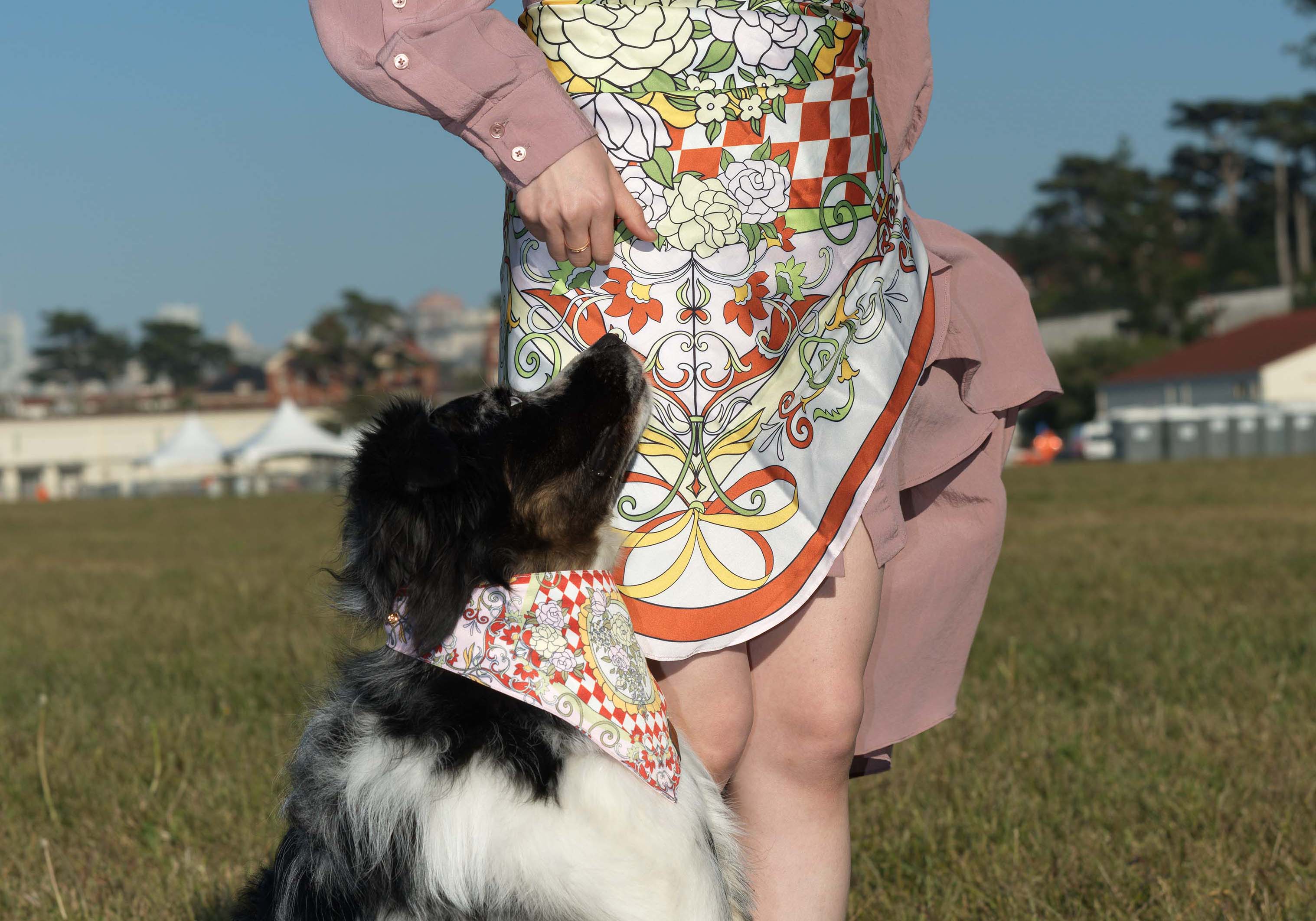
Puppy 101: Your First 48 Hours with a New Puppy
Today’s the day your new puppy finally comes home—a joyful whirlwind of wagging tails and adorable puppy eyes.
But the first 48 hours with a new puppy can be a real test, especially as you manage puppy training, crate training, and your pup’s first night. It’s an adjustment period for both you and your pup, similar to welcoming a newborn baby.
This puppy training guide will help you through it, giving you everything you need to learn the basics of puppy training and navigate the essentials, with practical advice from dog owners and trainers.
Preparing for Your New Puppy: Essentials for Success
Getting your home and your own mind ready is key before you start training and introducing toilet and potty training routines. Before your puppy steps through the door, ensure your home is ready for paws and play.
Checklist for Young Puppies
-
Playpen: Set up a sturdy playpen to create a safe, confined space. Some puppies may chew on wired-style ones, so consider a solid-sided option.
-
Food & Treats: Ask about the puppy’s current diet and avoid switching foods abruptly. Prepare small, healthy treats like dried fish skin, chicken breast, string cheese, or carrots for training.
-
Blanket: Create a cozy sleep area with a thick, washable blanket.
-
Pee Pads: If you don’t have outdoor access, set out pee pads for early puppy toilet training skills.
-
Toys: Enrichment toys for teething and soft plushies for comfort are must-haves. MemoCool Humorous Apple Squeaky Dog Toy could be a great starting point.

MemoCool ambassador Jax being super obsessed with the Humorous Apple Squeaky Dog Toy.

MemoCool ambassador Bora now has the Humorous Apple Squeaky Dog Toy as his new favorite.
-
Pet Tag and Collar/Leash: Essential for outings like vet visits or in case your puppy gets out. MemoCool has you covered with our custom dog tags.

MemoCool Vintage Garden and Blooming Lily design collections personalized dog ID tags.
Puppy-Proof Your Home
Hide electrical cords, secure cabinets with cleaning supplies, and use baby gates to block stairways. A safe environment lets your puppy explore worry-free.
Upon Arrival: Greeting Your New Friend
Stay calm when you first meet your puppy. Avoid rushing, loud noises, or overwhelming gestures. Let them explore their playpen and get used to the environment gradually. Start small, expanding as they get comfortable.
The First Night: Crate or Not?
Many new puppy owners wonder, “Puppy first night crate or not?” Crate training is recommended as soon as your puppy gets home, but this is ultimately a personal choice.
Crates offer a secure sleep environment, but if your puppy isn’t used to one, they may cry the first night. To comfort them, try placing the crate close to your sleeping area or using a travel crate during the day.
If you choose not to use a crate, keep them near you to ease any anxiety. For crate training, a cozy blanket or familiar toy will help. Ensure they can see and smell you for added comfort.
Establishing a Routine: Puppy Training Guide Basics
Routine and structure are essential for young puppies. Start with a consistent schedule, setting feeding, potty, and playtimes to build your puppy’s sense of security.
Feeding Schedule
Serve 3-4 small meals at regular intervals. Monitor portions to avoid overfeeding, adjusting as needed. Consult your breeder or shelter for advice and observe your puppy’s eating speed and interest in food.
Potty Breaks and House Training
Follow a potty schedule by taking your puppy outside every 2-3 hours. Use a phrase like “go potty” to help them associate the words with the action. Praise and reward success, gradually extending the time between breaks.
Comforting a Crying Puppy
Puppy crying is normal in the first few days as they may miss their littermates. Mimic a mother’s heartbeat with a ticking clock wrapped in a blanket or play calming music. A familiar scent or toy can also provide comfort.
Health & Wellness: Vet Visits and Beyond
Schedule a vet appointment within the first 48 hours for an initial checkup and vaccinations. Discuss a health plan to ensure a strong foundation for wellness and basic training.
Final Thoughts: Patience and Enjoyment
This is a precious time you’ll look back on fondly. Patience and kindness are key as you and your puppy adjust. With consistency, your puppy will adapt, and you’ll soon feel proud of mastering puppy basics. Embrace each moment—it’s the start of a beautiful journey together.


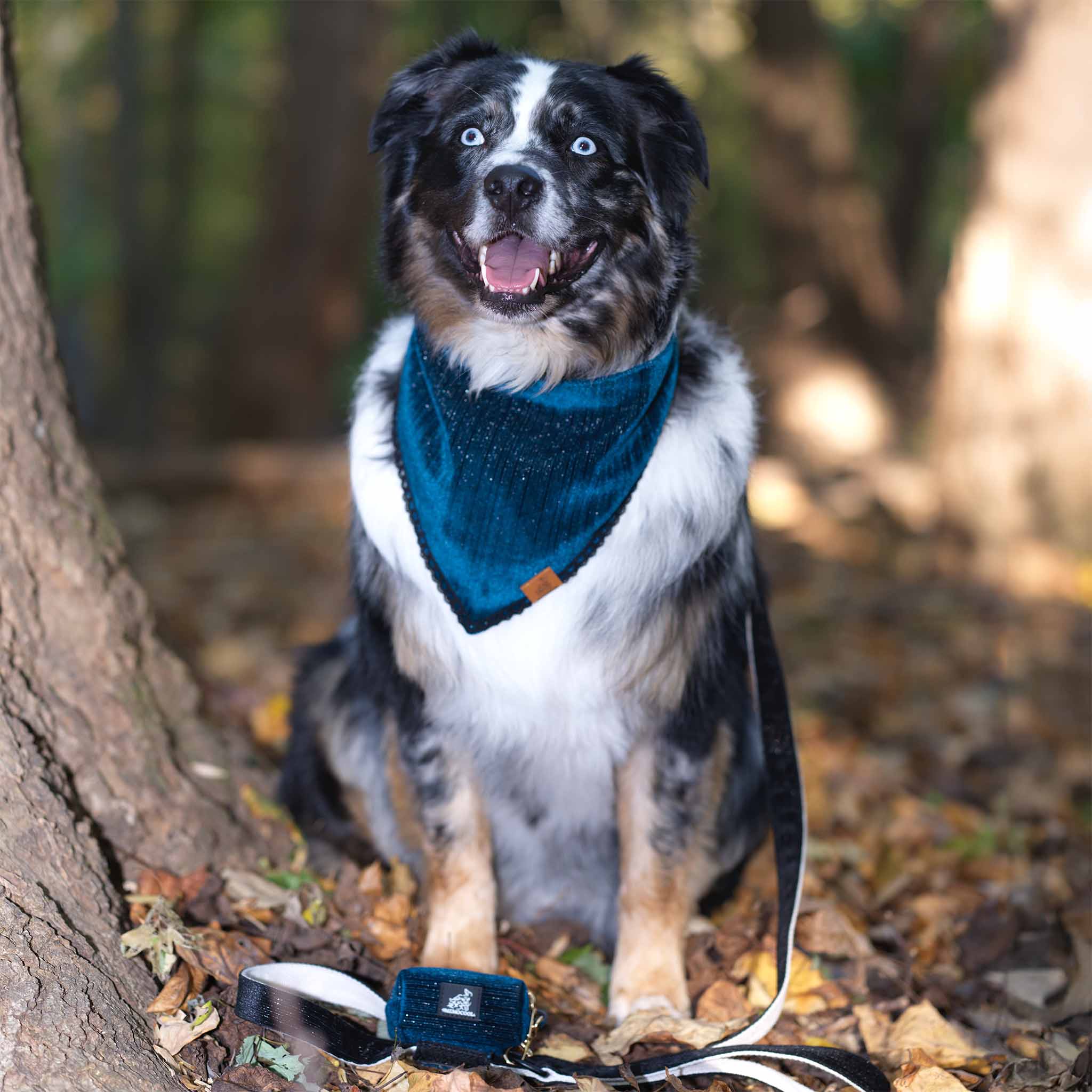
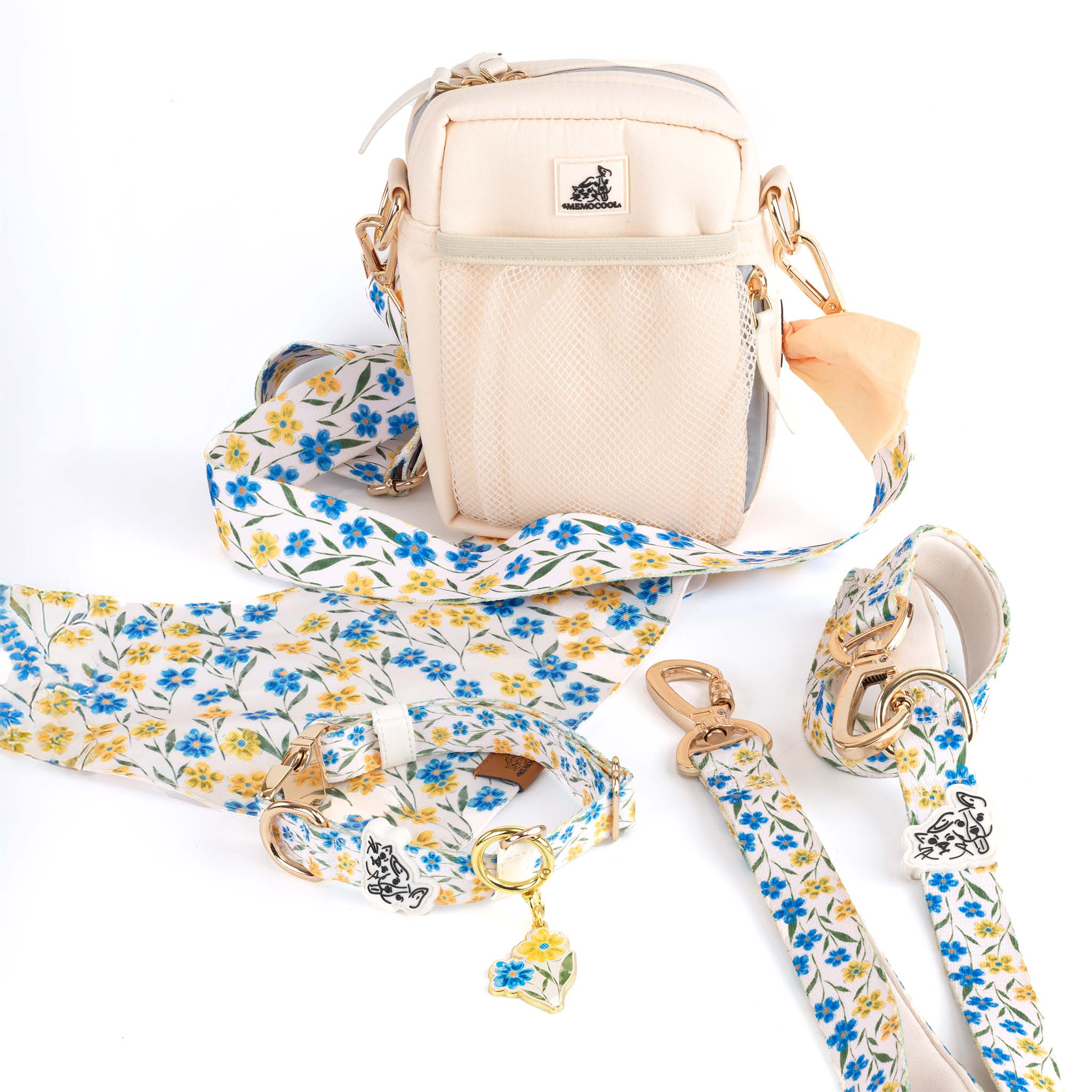
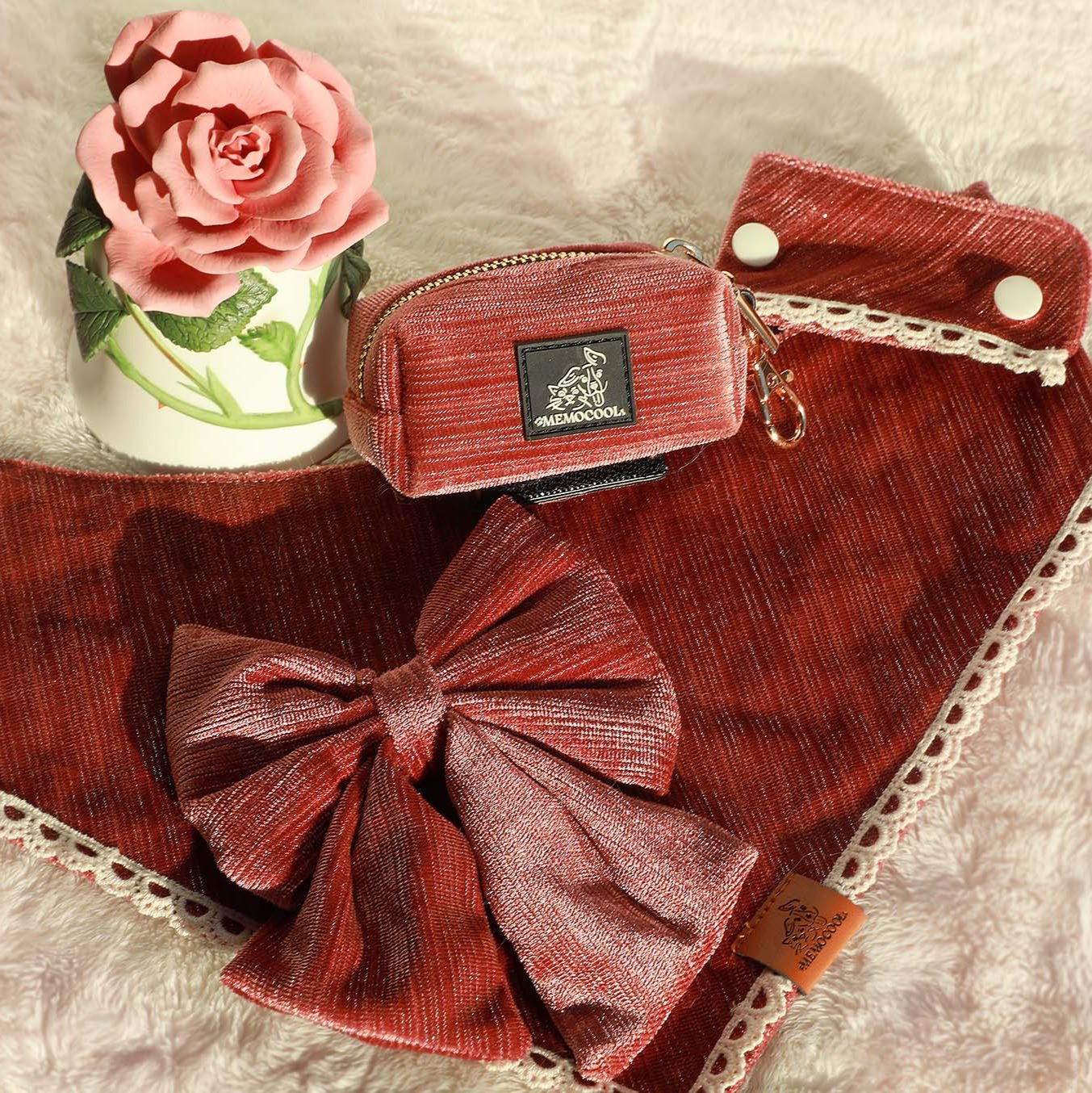
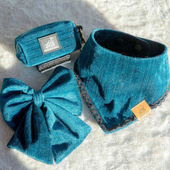
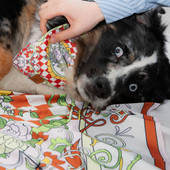
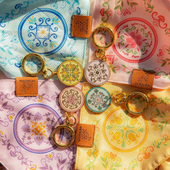
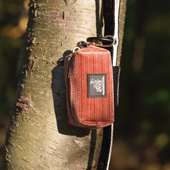



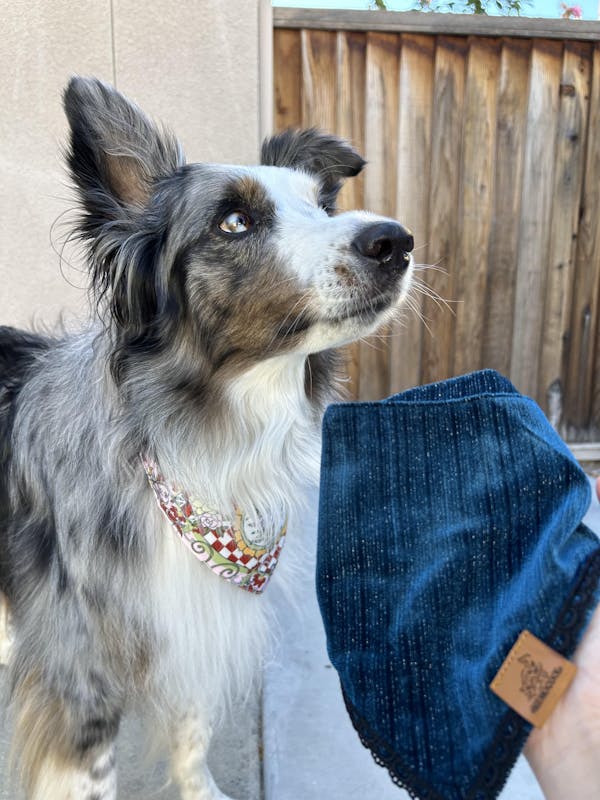

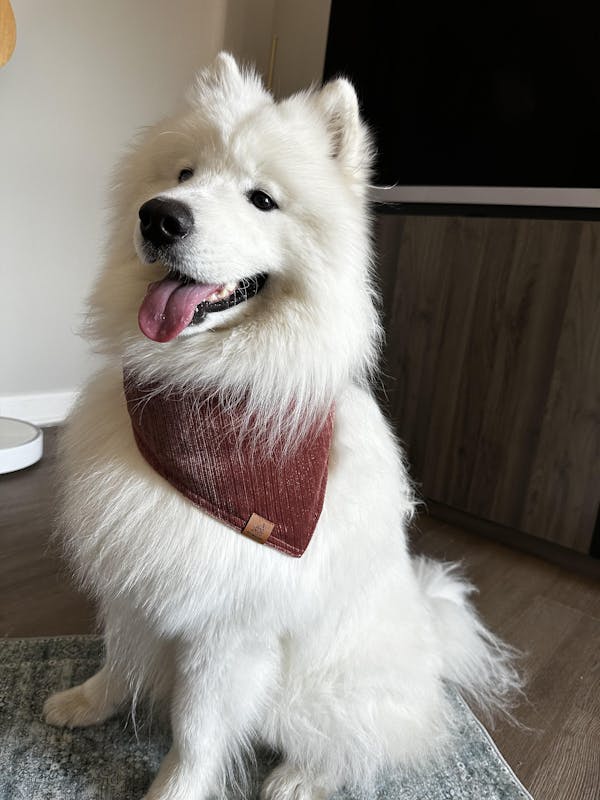
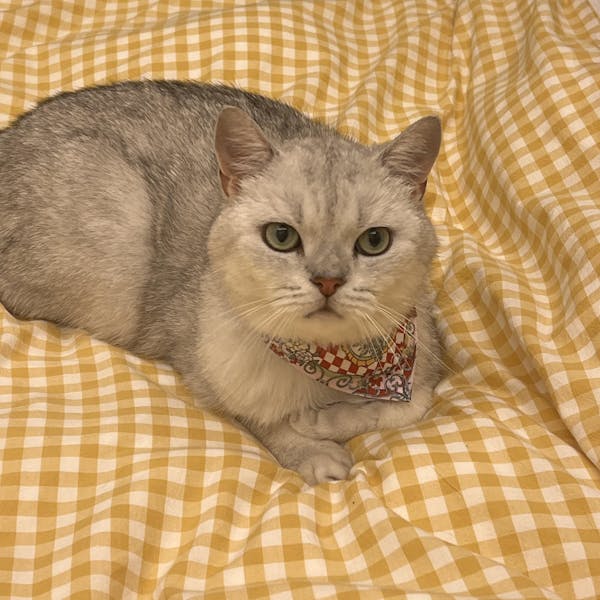



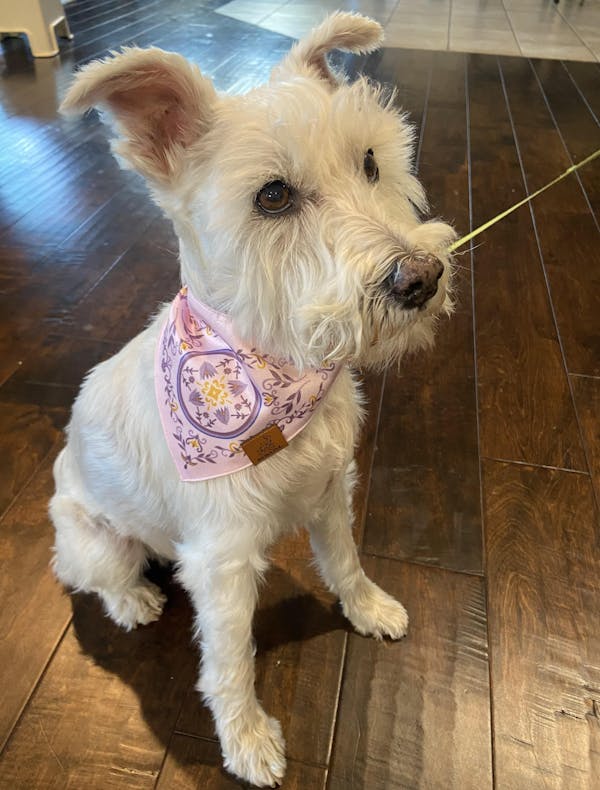
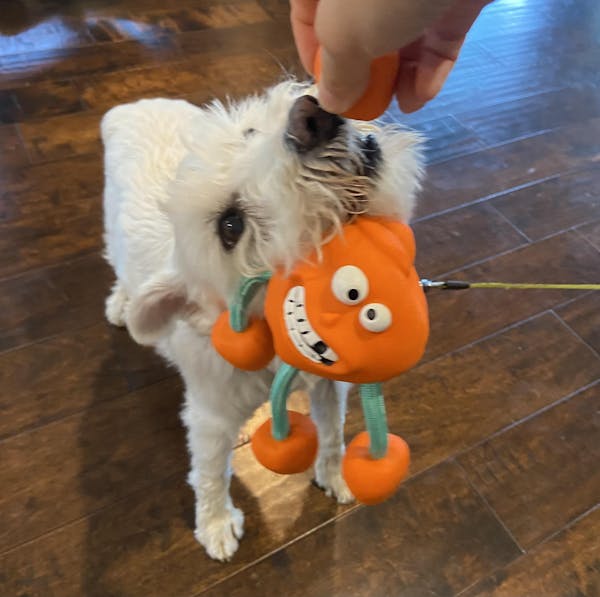

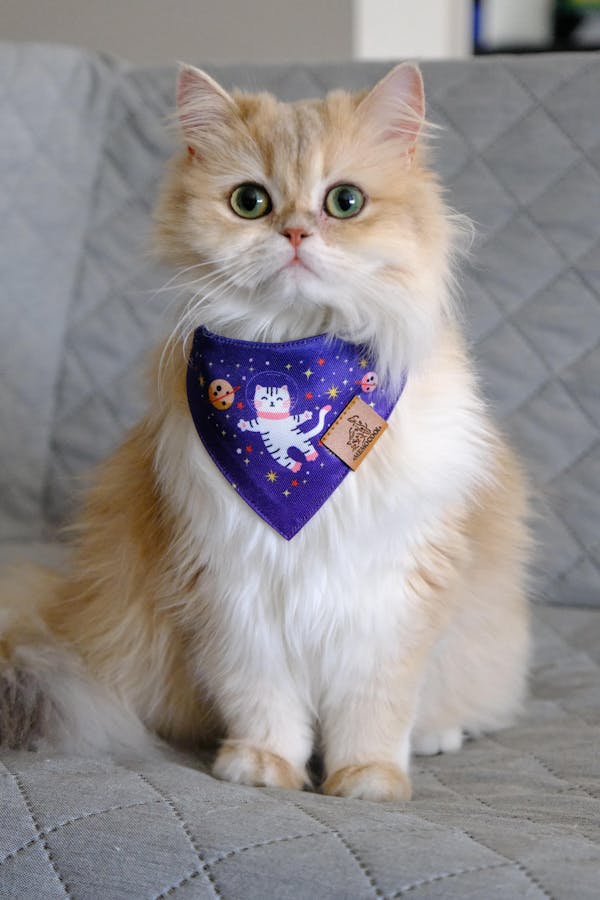

Leave a comment
This site is protected by hCaptcha and the hCaptcha Privacy Policy and Terms of Service apply.